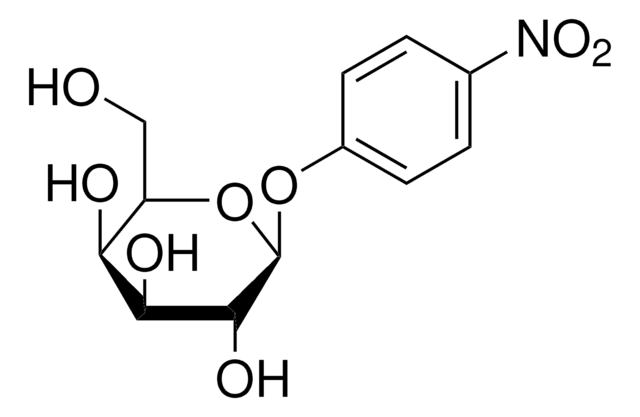C8115
Coronatine
from Pseudomonas syringae pv Glycinea, >95% (HPLC)
Synonym(s):
COR, Cyclopropanecarboxylic acid,2-ethyl-1-[[(6-ethyl-2,3,3a,6,7a-hexahydro-1-oxo-1H-inden-4-yl)carbonyl] amino]
About This Item
Recommended Products
biological source
Pseudomonas syringae pv Glycinea
Quality Level
Assay
>95% (HPLC)
form
powder
solubility
H2O: soluble 0.2 mg/mL
DMSO: soluble 20 mg/mL
methanol: soluble 20 mg/mL
Mode of action
enzyme | interferes
storage temp.
−20°C
SMILES string
CCC1CC2C(CCC2=O)C(=C1)C(=O)NC3(CC3CC)C(O)=O
InChI
1S/C18H25NO4/c1-3-10-7-13-12(5-6-15(13)20)14(8-10)16(21)19-18(17(22)23)9-11(18)4-2/h8,10-13H,3-7,9H2,1-2H3,(H,19,21)(H,22,23)
InChI key
FMGBNISRFNDECK-UHFFFAOYSA-N
Related Categories
Application
Biochem/physiol Actions
Other Notes
Storage Class Code
11 - Combustible Solids
WGK
WGK 3
Flash Point(F)
Not applicable
Flash Point(C)
Not applicable
Personal Protective Equipment
Certificates of Analysis (COA)
Search for Certificates of Analysis (COA) by entering the products Lot/Batch Number. Lot and Batch Numbers can be found on a product’s label following the words ‘Lot’ or ‘Batch’.
Already Own This Product?
Find documentation for the products that you have recently purchased in the Document Library.
Our team of scientists has experience in all areas of research including Life Science, Material Science, Chemical Synthesis, Chromatography, Analytical and many others.
Contact Technical Service






